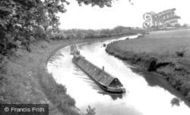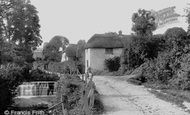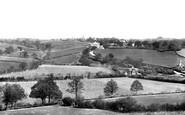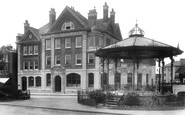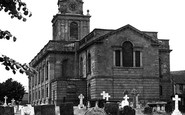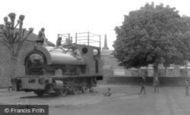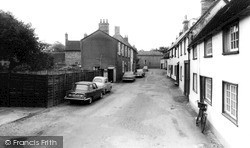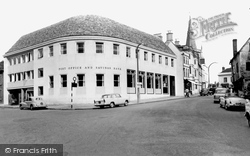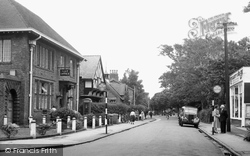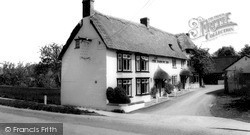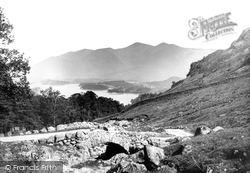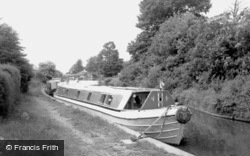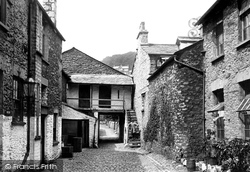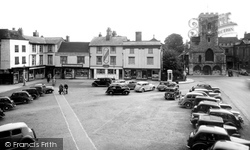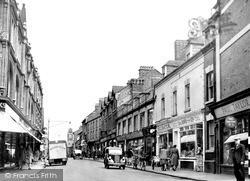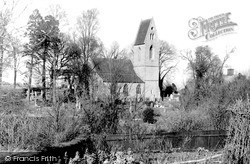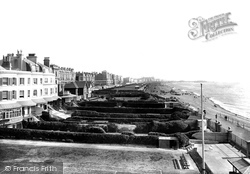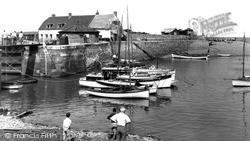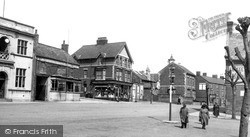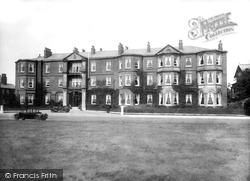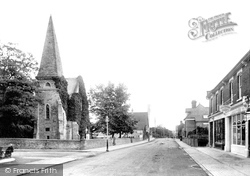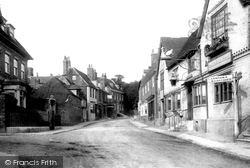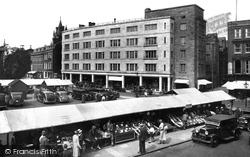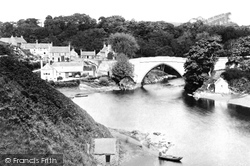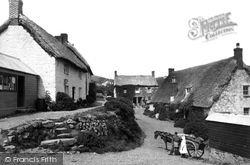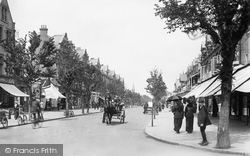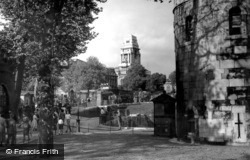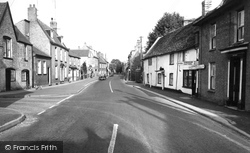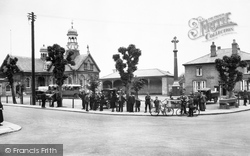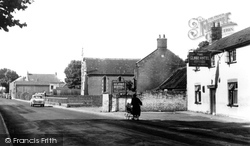Places
3 places found.
Those places high-lighted have photos. All locations may have maps, books and memories.
Photos
63 photos found. Showing results 1,701 to 63.
Maps
12 maps found.
Books
1 books found. Showing results 2,041 to 1.
Memories
7,565 memories found. Showing results 851 to 860.
The 50s And 60s
I lived with my parents, Ralph and Joan, "Bindy" and sister Judy, on Birchway, off Ack Lane East, then we moved to 17 Atholl Road. There were several families with children who my sister and I spent a lot of time with - Johnny ...Read more
A memory of Bramhall by
Australians On The Cut 1975
Having left Australia on an open-ended working holiday to England in January, 1974 with my girlfriend, it was hard to imagine that within six weeks of arriving in London we'd be living on a leaky old narrow boat ...Read more
A memory of Leighton Buzzard in 1975 by
Not Uplyme Mill
The picture titled "Uplyme Mill 1892" is incorrect. The location is Lyme Regis and is called Higher Mill along the banks of the River Lym in an area known as "Monkeys Rough" locally, opposite the original "Jericho" and "Paradise ...Read more
A memory of Lyme Regis in 1890 by
Childhood Memories
This view brings back many childhood memories, I was born in the cottage on the right hand edge of the picture, in 1947, growing up on the farm there, and have lived within three miles of the area for the majority of my life.
A memory of Ticehurst in 1947 by
This Was A New Building When The Picture Was Taken
It was built in 1897 and was designed in the Queen Anne style by the architect Frederick Wheeler FRIBA who had offices in Horsham. It is now the home of the Nat West bank. The bandstand has been ...Read more
A memory of Horsham in 1890 by
My Wedding Day
Hi there, I was married in The Church of The Holy Cross on November 1st 1958. It was a very cold day as you would imagine, being Winter time, but it was a lovely sunny day. I remember walking up to the big doors on my father's arm ...Read more
A memory of Daventry in 1958 by
My Memories Of Broadstone
My earliest memories of Broadstone stem from about 1937 when I was five years old. We lived in Southbourne at the time and frequently went to Broadstone at weekends to visit my "aunt Flo" and her family who lived at ...Read more
A memory of Broadstone by
Round The Rec
Hi there I remember the day that this engine arrived in the rec. It was a source of great entertainment for us youngsters particulary, as originally everything was accessible. I remember climbing up on the footplate and seeing a ...Read more
A memory of Daventry in 1965 by
Families
On the 27th of December 1956 my ex-husband KEITH GEORGE JEARY was born at 6 UPPER CLOSE where he lived with his parents until we were married at Holy Trinity Church on the 6th of November 1982 - both of my children Emily and Dominic were ...Read more
A memory of Forest Row in 1956 by
First Memories
My father, Richard (Dick) Cherrington was the village policeman in Nether Wallop during World War 2 and I was born in the Police House in the village in August 1944. My first memories ever were of an apple tree in our garden ...Read more
A memory of Nether Wallop in 1947 by
Captions
2,471 captions found. Showing results 2,041 to 2,064.
This narrow back street, running parallel to the High Street, has changed a little. The Half Moon pub (right) has gone, and there are traffic-calming bumps here now.
This view was taken looking up the Market Place; on the left was a three-gabled building, probably dating back to the Tudor period.
New retail outlets were built on the right hand side.
The Harrow is the oldest public house in Wanborough, dating back to at least the 18th century.
The tiny hump-backed bridge at Ashness on the narrow road which leads up from the eastern shore of Derwent Water to the Norse hamlet of Watendlath has been seen on countless Lake District calendars,
The village of Braunston lies on a hill overlooking a picturesque stretch of the Grand Union Canal, one of Britain's most famous inland waterways.
The old coaching inn known as the Rainbow was one of the many which had run back from Kendal's main streets since the Middle Ages.
The origins of St Nicholas' Church date back to the 12th century. It was built by Abingdon Abbey to cater for their lay servants, their tenants and passing pilgrims.
From the junction with Silver Street and Gold Street you can spot the distinctive tall tower of a former boys school, now an educational centre.
In 1866 Bishop Olliphant of Llandaff dedicated the present church, which was designed by Fripps of Bristol and built by the Penarth builder David Jones for the sum of £2,600.
Courtenay Terrace is the only group of houses in Hove with long gardens backing onto the beach.
Here the cottages at Turkey (the Quay) are seen from the former fish market. The current lock gates, erected in 1913, held back water for unloading ships at low tide.
Rothwell's history dates back to long before the Danish invasion of the Dark Ages. 4,000 years ago Bronze Age settlers came to this area, followed by the Romans.
Lytham's premier hotel has a history dating back over 300 years.
Further north-west the photographer looks back towards the town centre past the Moat Road junction to Moat Church, the Congregational Church opened in 1870, now the United Reformed Church and its unusual
These two views of the steep high street as it winds up the hill towards Canterbury show some of the rich assortment of buildings built of brick or black-and-white half timbering.
The Market Square has a tradition going back to the early Middle Ages, although the present Square replaces houses destroyed by a fire in 1849.
Its charters date back to c1179, although St Machar is said to have founded a church here in AD 580. This single-span bridge is situated a few hundred yards to the north of St Machar's Cathedral.
A fish seller or 'jouster' loads his trap with baskets packed with the latest catch. He will tour the local villages, travelling perhaps as far as Helston on the Lizard with his wares.
As the town's popularity as a holiday resort grew, Victorian streets and shops spread back from the sea. Here were grocers, outfitters, tobacconists and souvenir and fancy goods shops.
The dominant tower of the Port of London Authority building in Trinity Square was completed in 1922. The architect was Sir Edwin Cooper, who looked back to the pre-Great War Edwardian era.
The houses on the right back onto the Ouse. The old house with the parapet gable (right) has been divided into three cottages - one is a shop.
In the market place is the Guildhall, rebuilt in 1900.
West Huntspill, which we see here, grew from a conglomeration of agricultural hamlets straggling across the Levels.
Places (3)
Photos (63)
Memories (7565)
Books (1)
Maps (12)

